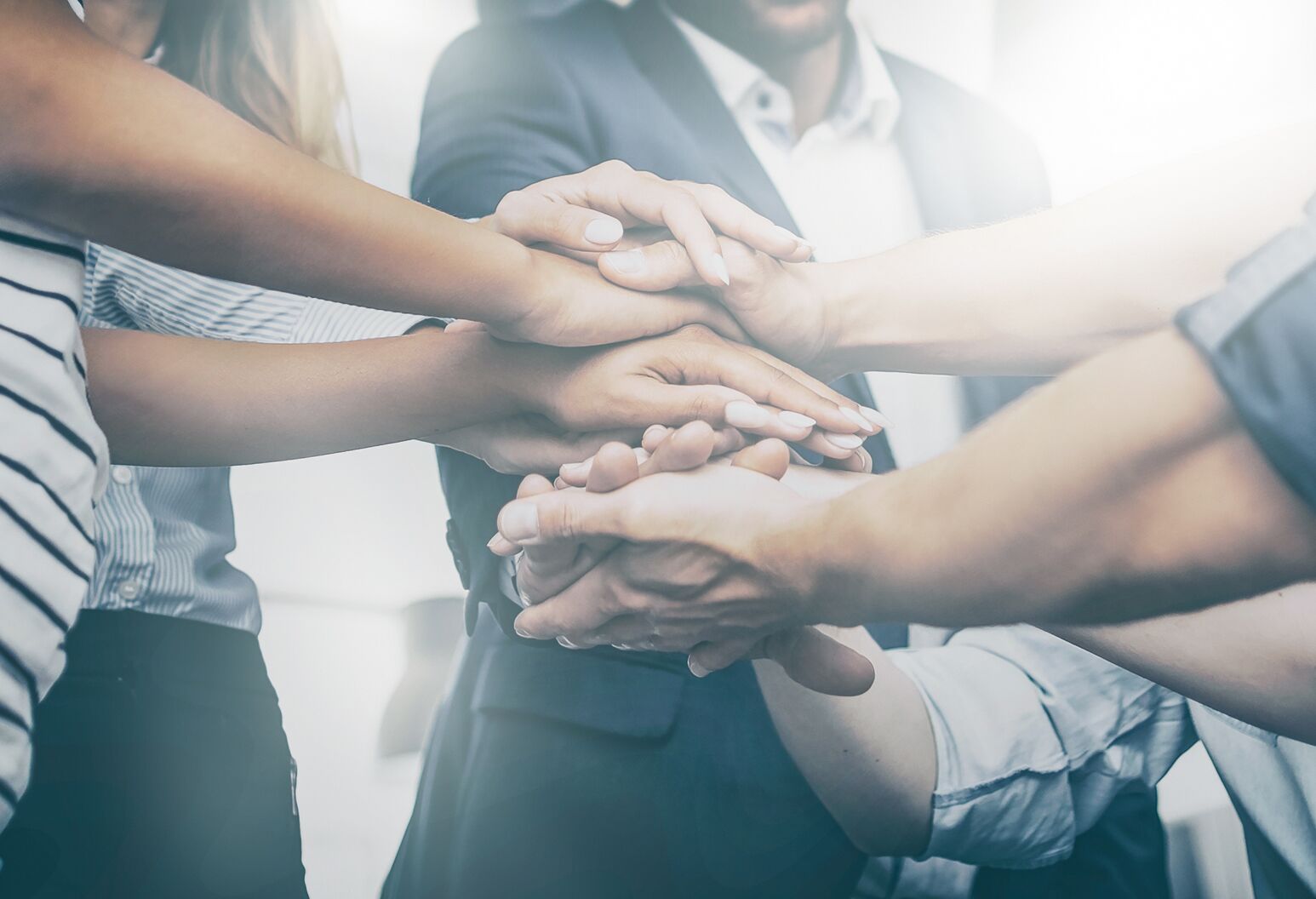Our representatives are available to schedule your appointment Monday through Friday from 9am to 5pm.
For a Northwell ambulance, call
(833) 259-2367.

One of the most striking images that has stayed with me from this spring was when we began offering free COVID-19 diagnostic and antibody testing at faith and community centers in underserved areas throughout New York. Not only were there long lines of people waiting to be tested, but the same individuals getting tested also walked over to the food pantry line just a few feet away.
This is a reality for so many in New York and across the United States, an unequitable situation preventing them from a fair shot at a healthy and thriving life. We already understand how social determinants can negatively impact a person and community’s health and wellbeing, yet for far too long we continue to discuss how we can make a difference. It’s now time for actions not words.
The truth is, the disparities in health care are very apparent to those who suffered from them. And I can speak from experience, having endured similar conditions growing up when “The Bronx was burning.” Assistance can’t just come from one area. We need to partner together.
Strong partnerships are the future of health care and our society — an important reason why my colleagues and I at Northwell Health are precisely focused on going upstream to offer assistance by working directly with leaders and organizations embedded in their communities.
COVID has exacerbated the long-issues our communities of color have faced for a long time, compounding existing problems of health access, transportation, employment, children’s services…the list goes on. And as the pandemic continues to wreak havoc — more than 8 million Americans in poverty since June — the trickle down on these communities could be ever-lasting. So, Northwell accelerated its efforts as COVID began to control these areas.
We first initiated free diagnostic and antibody testing, working with faith and other community leaders to help draw in their congregations. This has already touched thousands of individuals in more than 100 locations.
We are also working to ensure the safe, effective and equitable distribution of COVID-19 vaccines by establishing the Health Equity Taskforce, with more than 85 community and faith-based leaders, public agencies, schools and other community representatives, providing them with proper education and outreach.
Since the pandemic began, we’ve been on a “listening tour,” meeting with nearly a hundred community and faith-based leaders in Black, Brown and LatinX communities. We need to know what ails them to adequately address their needs — a stark contrast from forcing ourselves into their communities and telling them what they need.
This strategy is integral to our community’s health and wellness in the future. For example, we are working on a plan to partner with our community leaders in an effort to address their priorities, including unmet health and social needs, access to care, mental health and wellness (substance abuse, violence), unemployment, food insecurity, housing and educational youth programs.
We’ve already identified and established key connections in 11 underserved communities in metro New York, areas like Hempstead, Uniondale, Roosevelt, Freeport, Jamaica (Queens), Harlem, Bay Shore and Central Islip, to name a few. Our initial focus will be on youth and education, yet I remain encouraged about the possibilities of growing alongside them.
We know that it will take a village to heal our most vulnerable. Health care can’t do it alone. Whether it’s COVID testing or working with community leaders to deliver the right message about the safety of the coronavirus vaccine, we can all assist. Experience can be the best teacher. And it’s time to reverse the negative experiences of our underserved through collaboration, commitment and empathy, putting the individual and community at the center.
Debbie Salas-Lopez, MD, MPH, is senior vice president of community and population health at Northwell Health, New York’s largest health care provider and employer. She is a nationally recognized speaker and educator in women leaders in medicine, health care disparities and equity in care, cultural awareness and language-appropriate services, and the impact of social and economic factors on health.
This op-ed appeared in Crain's New York Business.
Our representatives are available to schedule your appointment Monday through Friday from 9am to 5pm.
For a Northwell ambulance, call
(833) 259-2367.